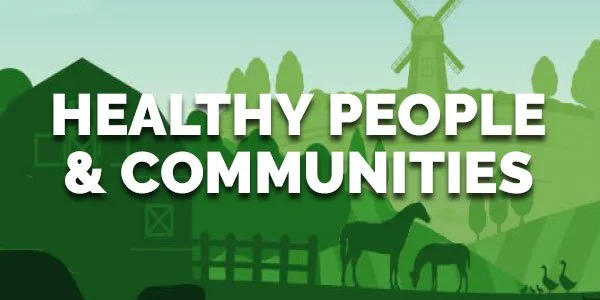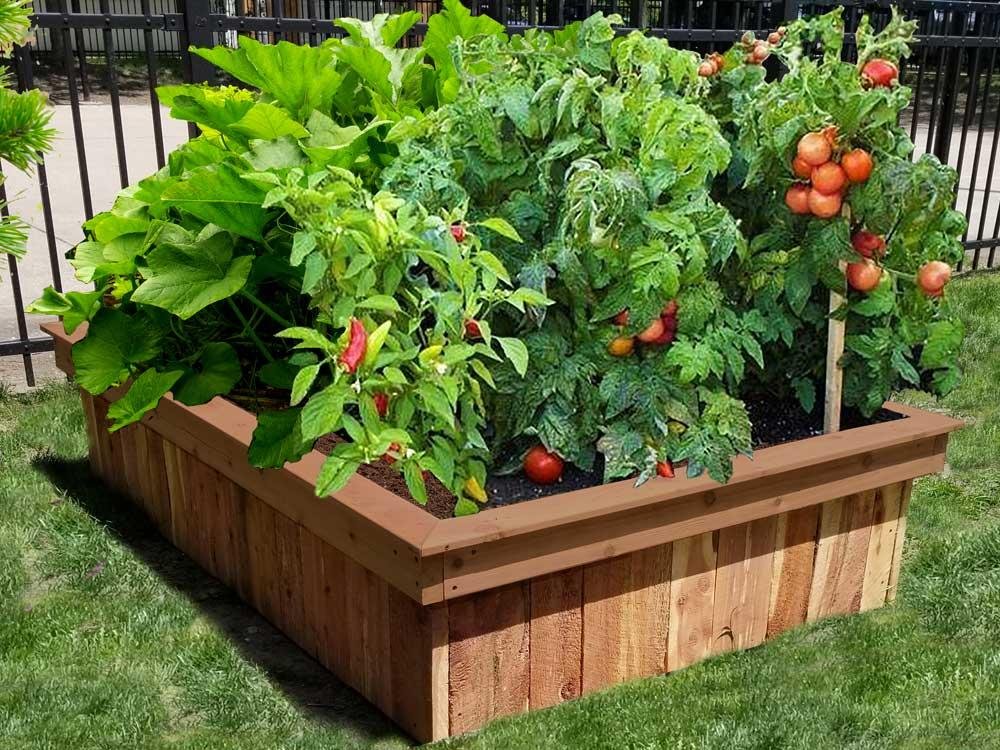GROW YOUR OWN FOOD
Is an innovative free organic gardening course in a blog
We have revised our earlier gardening tips and added new blog posts to make sure that everyone, no matter what their experience level, can grow a successful veggie garden year after year using our “Transformational Gardening” method. The key is starting small and growing your knowledge every year. Enjoy gardening success form the first year.
Gardening connects you to the earth and to each other.
Click a category for post summaries and links.
CONTACT US at support[at]deep-roots-project.org or 708-655-5299.
The Foundations of Our Method
Here are the 6 articles that summarize the foundations of our innovative method.
Transformational Gardening Basics
Transformational Gardening is an innovative method used by Deep Roots Project to grow food in organic kitchen gardens with limited space and raised beds. We provide our gardeners with the best products for success – like cedar raised beds, microbe-rich compost and worm castings.
Transformational Gardening by Season
Follow step-by-step through our innovative method from early spring preparation through fall harvest. It’s easy to learn and will bring you success from the first season in limited space using raised beds. Grow nutrient-dense food while revitalizing your soil with the power of microbes.
Unleash Your Green Thumb
Welcome to the Deep Root Project world “Regenerative Gardening” where we transform even the tiniest of spaces into bountiful food feasts. Forget about your grandma's traditional garden—Deep Roots Project is here to revolutionize the way we grow food, one harvest at a time.
Create a Bountiful Food Oasis
Embark on a journey to cultivate fresh, delicious produce straight from the comfort of your backyard. We teach a harmonious blend of gardening that nourishes both the soul and the ecosystem. Revel in health benefits while knowing the origins of your food, and contributing to your community.
Grow Your Own Food
We build on the strength of the organic gardening movement with our innovative method which was inspired by raised beds and “regenerative gardening” science. We are taking organic gardening to the next level by nurturing healthy soil with huge diverse populations of soil microbes.
Why Raised Beds Are Best
Of course, if you don’t have the space - you won’t be able to grow your food in a raised bed. But, we have yet to find any disadvantages to this growing method that guarantees you will provide the best soil for your plants to thrive.
Planning Your Food Garden
Starting a food garden can be an exciting and rewarding experience. Although it takes planning and effort, the rewards are well worth it. You can enjoy fresh, delicious produce right from your own backyard. You also get to reap the benefits of physical activity and time spent outdoors.
Regenerative & Organic Farming
We combine the best practices of “Organic Gardening” and “Regenerative Farming” and apply them to small growing spaces and raised beds. The result is a robust and resilient gardening ecosystem that promotes soil and crop biodiversity.
Optimizing Sunlight
Sun exposure is one of the most important factors for a successful food garden. To find the best sun exposure for your garden, consider the orientation of the garden, the surrounding environment, and the amount of sun that your plants need to grow and produce.
Common Mistakes by Beginner Food Gardeners
Gardening is a rewarding and enjoyable hobby that can provide a sense of fulfillment, relaxation, and fresh produce. It’s a great way to connect with nature and reduce stress.We will discuss some of the common mistakes made by beginner food gardeners and how to avoid them.
Edible Landscapes
By combining native plants, ornamentals and flowers with a food garden, you can create a beautiful and productive outdoor space that will provide fresh produce, attract wildlife, and bring joy to your life. It is a wonderful way to bring beauty, sustainability, and fresh produce to your life.
Food Gardening Glossary
A glossary can be incredibly helpful for new gardeners as they start to explore more advanced skills and the latest science around growing food. You will have the added challenge of figuring out which traditional gardening methods are compatible with and will enhance our method.






















